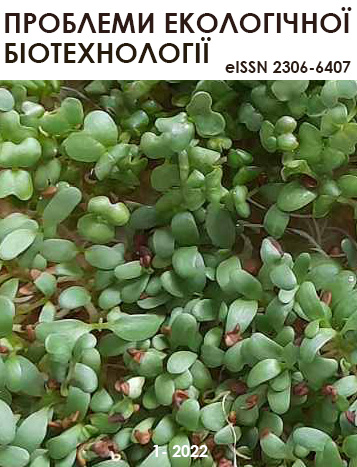Agrobacterium-mediated transformation of fodder crops of sainfoin Onobrychis Mill., phacelia Phacelia Juss. and melilot Melilotus (L.) Mill. by the colicin gene
DOI:
https://doi.org/10.18372/2306-6407.1.17162Keywords:
agrobacteria, sainfoin, phacelia, melilot, colicin genomeAbstract
The task of the work is to obtain recombinant plants expressing colicin, with the aim of using them as fodder for cattle, which will lead to the prevention of bacterial infections caused by E. coli, and an alternative to antibiotic treatment.
References
Gillor O., Kirkup B., Riley M. Colicins and microcins: the next generation of antimicrobials // Advances in Applied Microbiology. — 2004. — 54. — P.129–146. https://doi.org/10.1016/s0065-2164(04)54005-4
Cotter P. D., Ross R. P., Hill C. (2013) Bacteriocins — a viable alternative to antibiotics? // Nat Rev Microbiol. — 2013. — 11(2). — P.95–105. https://doi.org/10.1038/nrmicro2937
Schulz S., Stephan A., Hahn S., et al. Broad and efficient control of major foodborne pathogenic strains of Escherichia coli by mixtures of plant-produced colicins // Proc. Natl. Acad. Sci. U.S.A. — 2015. — 112. — E5454–E5460. https://doi.org/10.1073/pnas.1513311112
Schneider T., Hahn-L¨obmann S., Stephan A., et al. (2018). Plant-made Salmonella bacteriocins salmocins for control of Salmonella pathovars // Sci. Rep. — 2018. — 8. — 4078. https://doi.org/10.1038/s41598-018-22465-9


